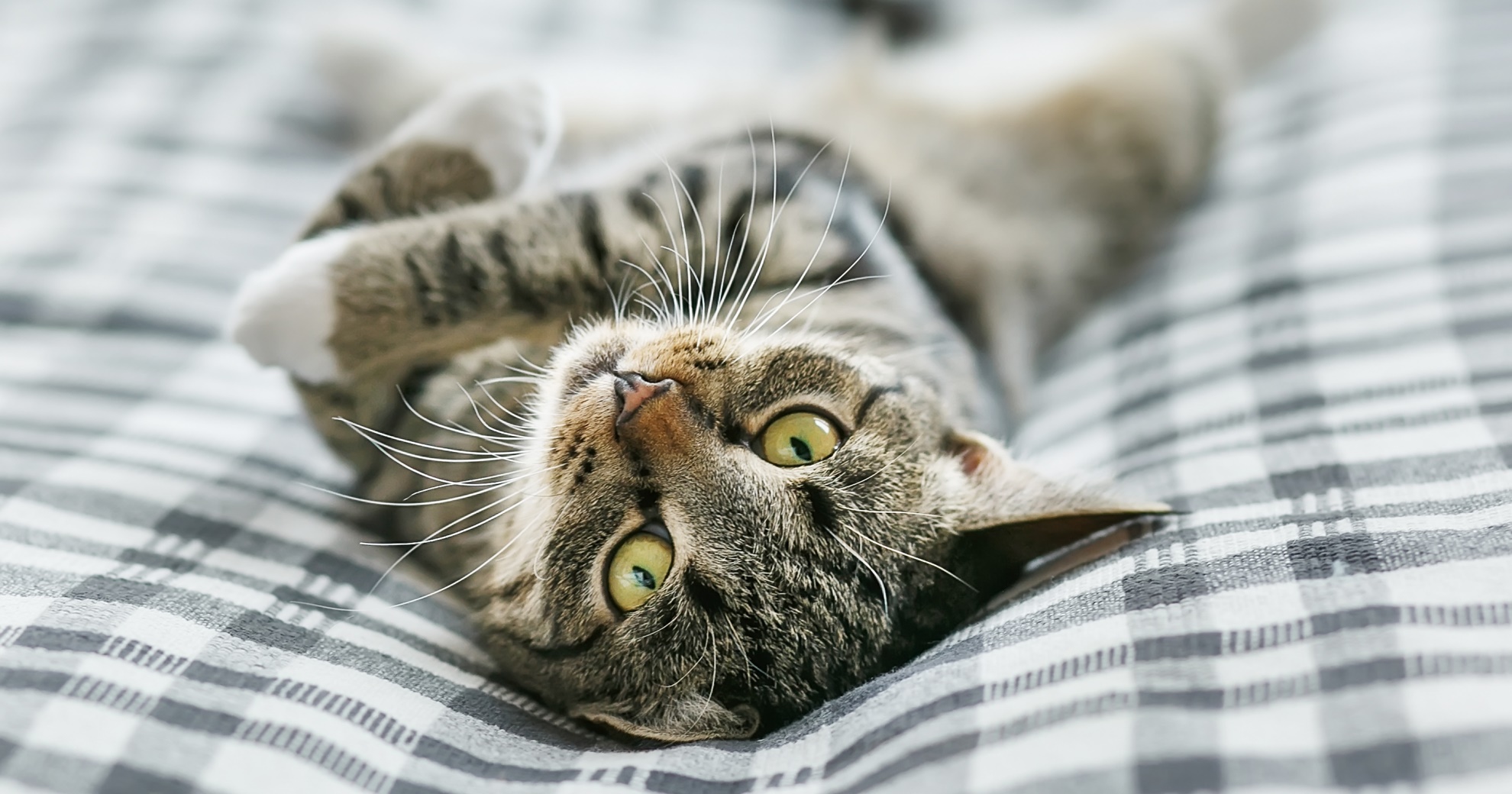HEALTH & WELLNESS

TRENDING

SIGN UP and Start Receiving
Our Monthly Newsletter,
The Chronicles
My Cat Has Inflammatory Bowel Disease: Can I Manage It At Home?

Inflammatory bowel disease (IBD) is a chronic condition that affects the gastrointestinal tract, particularly the intestines.
It is characterized by inflammation and irritation of the digestive system. While the exact cause of IBD is unknown, it is believed to result from an abnormal immune response in the gastrointestinal tract.
THERE ARE TWO PRIMARY FORMS OF INFLAMMATORY BOWEL DISEASE IN CATS:
Lymphocytic-plasmacytic enteritis: This form involves inflammation of the small intestine and is characterized by an increased number of lymphocytes and plasma cells in the intestinal wall.
Eosinophilic enteritis: This form involves inflammation of the stomach and/or small intestine and is characterized by an increased number of eosinophils, a type of white blood cell, in the intestinal wall.
SYMPTOMS OF INFLAMMATORY BOWEL DISEASE IN CATS MAY INCLUDE:
- Chronic or intermittent diarrhea
- Weight loss
- Vomiting
- Poor appetite
- Abdominal pain or discomfort
- Increased flatulence
Diagnosing IBD usually involves a combination of tests, including a thorough physical examination, blood work, stool analysis, and imaging studies such as X-rays or ultrasound. In some cases, a definitive diagnosis may require obtaining a biopsy of the intestinal tissue.
Treatments for inflammatory bowel disease in cats typically involve a multi-faceted approach, which would include those requiring a veterinarian’s prescription and those which you can undertake yourself at home.
- Medications: Depending on the severity of the condition, your veterinarian may prescribe medications such as corticosteroids or immunosuppressive drugs to reduce inflammation and control the immune response.
- Symptomatic treatment: If your cat is experiencing vomiting or diarrhea, medications to address those symptoms, such as anti-emetics or anti-diarrheal medications, may be prescribed.
- Dietary management: Switching to a highly digestible, hypoallergenic diet can help reduce inflammation and improve digestive health. Your veterinarian may recommend a prescription diet, or a home-cooked diet specifically formulated for cats with IBD.
- Monitoring and follow-up: Regular monitoring of your cat’s condition, including check-ups and occasional blood work, is important to evaluate the response to treatment and make adjustments if needed.
It’s essential to work closely with your veterinarian to develop an individualized treatment plan for your cat, as the management of inflammatory bowel disease can vary depending on the specific needs and response of your furry friend.
Related Articles









